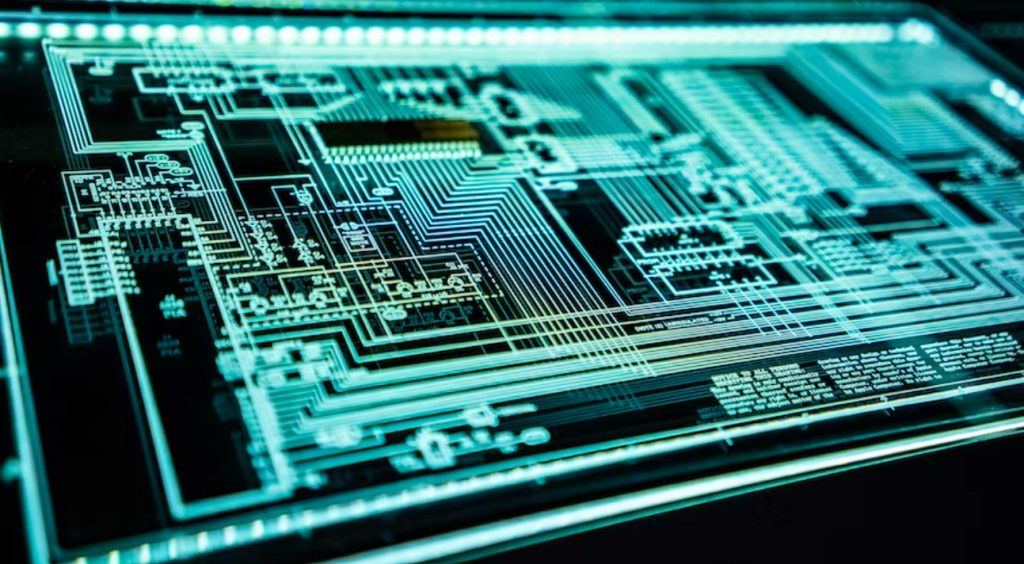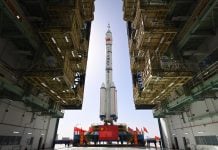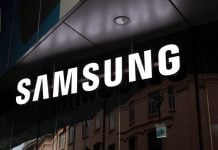After months of speculation and dialogue, it seems that Japan and Netherlands are going to join hands with the US, to stop the export of semiconductor technology to China. Japan and Netherlands are the major suppliers of semiconductor manufacturing equipment.
Though the US has the biggest group of Integrated Device Manufacturers (IDM) for semiconductors, Japan’s Advantest (a leading manufacturer of automatic test equipment (ATE) for the semiconductor industry), Tokyo Electron, Haribo, Hitachi, Kokusai, and Netherlands ASML (a leading supplier to the semiconductor industry that provides chipmakers with hardware, software, and services to mass produce the patterns of integrated circuits) are also major players in this sector.

To establish the most advanced semiconductor production lines, China needs support from top US firms like Applied Materials Inc., Lam Research Corp., and KLA Corp. However, with the current US sanctions, which not only limit exports of American-made machinery but also restrict US citizens from working with Chinese chipmakers, it is difficult for the country to produce top quality semiconductors. If Japan and Netherlands also add sanctions on China, then it will break the countries’ hope to achieve global domination in technology.
Akira Amari, a Japanese Politician of the LDP and the man behind the rise of the Japanese semiconductor industry, said to Bloomberg News that his country must join the US in containing China’s chip ambitions, warning that Beijing is part of a group of nations seeking global hegemony and hence must be curbed. Amari further added that any sanctions need to be carefully calibrated to avoid a complete decoupling that risks global economic stability.
Though the Japanese and Dutch Governments won’t go as far as the US with their sanctions, Beijing will find itself in a difficult spot with any more additional restrictions from these two countries. If the US, Japan, and the Netherlands act together, China will have no access to the technology or equipment to build advanced semiconductors.
Semiconductors are one of the hottest technology items of this decade. All the major technology sectors, like wired communication, consumer electronics, industrial electronics, automotive electronics, wireless communication, and computing and data storage, require semiconductors.
China which aims to become the global leader in artificial intelligence and quantum computing needs an uninterrupted supply of semiconductors to achieve this goal. However, the pandemic restrictions and the ongoing US sanctions have unveiled the loopholes in China’s supply chain, further strengthening Beijing’s belief that autonomy in the semiconductor industry is the only way for China to become the global tech leader.
Related:
- Chinese Video Game Companies are Back in Business as Beijing Relaxes its Grip on the Industry
- China added more than 2.5 million EV Charging Points in 2022
- China’s Hyperloop Technology Advances with Successful Test Runs of Full-Sized Passenger Capsule
(Source)






